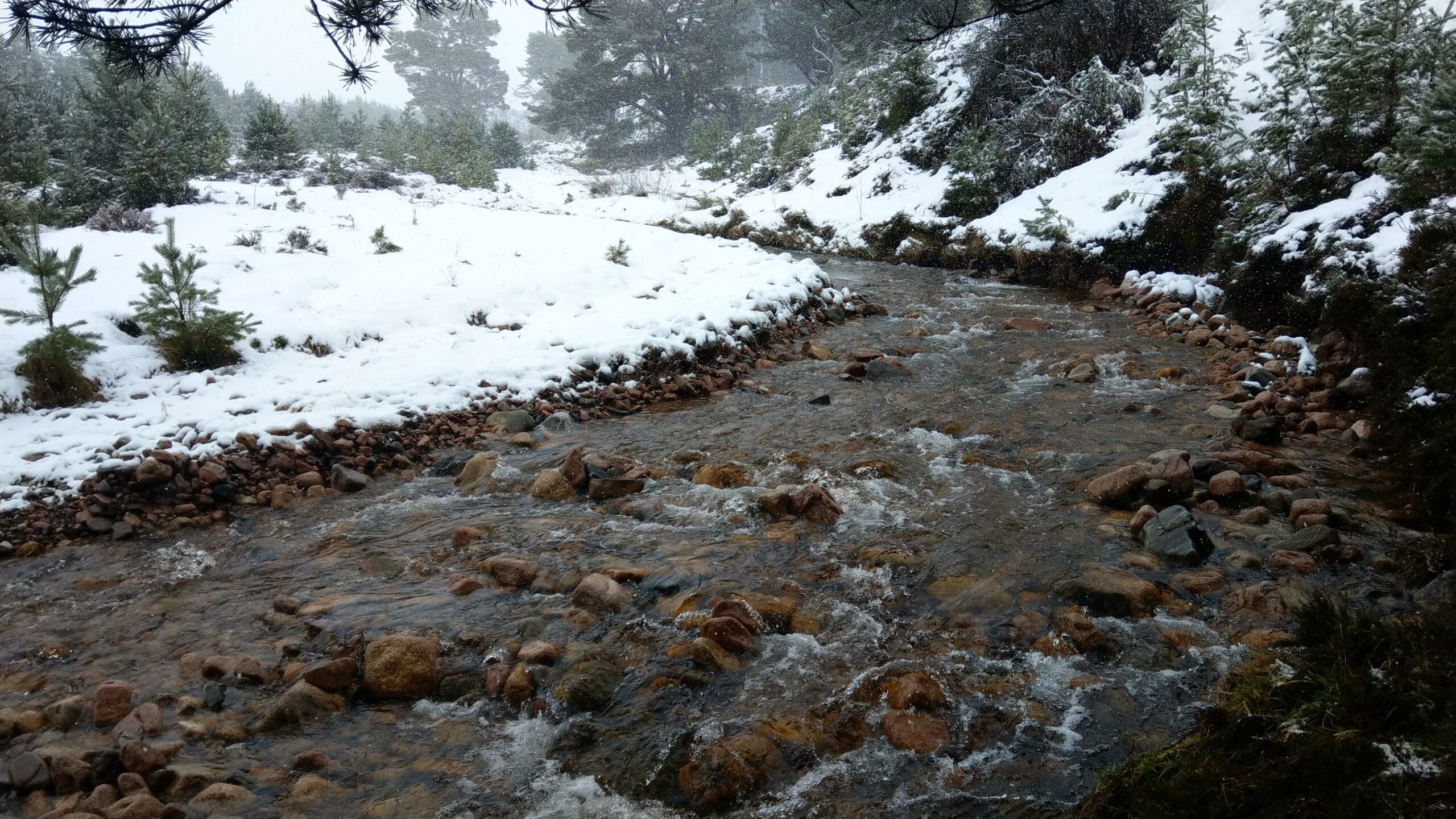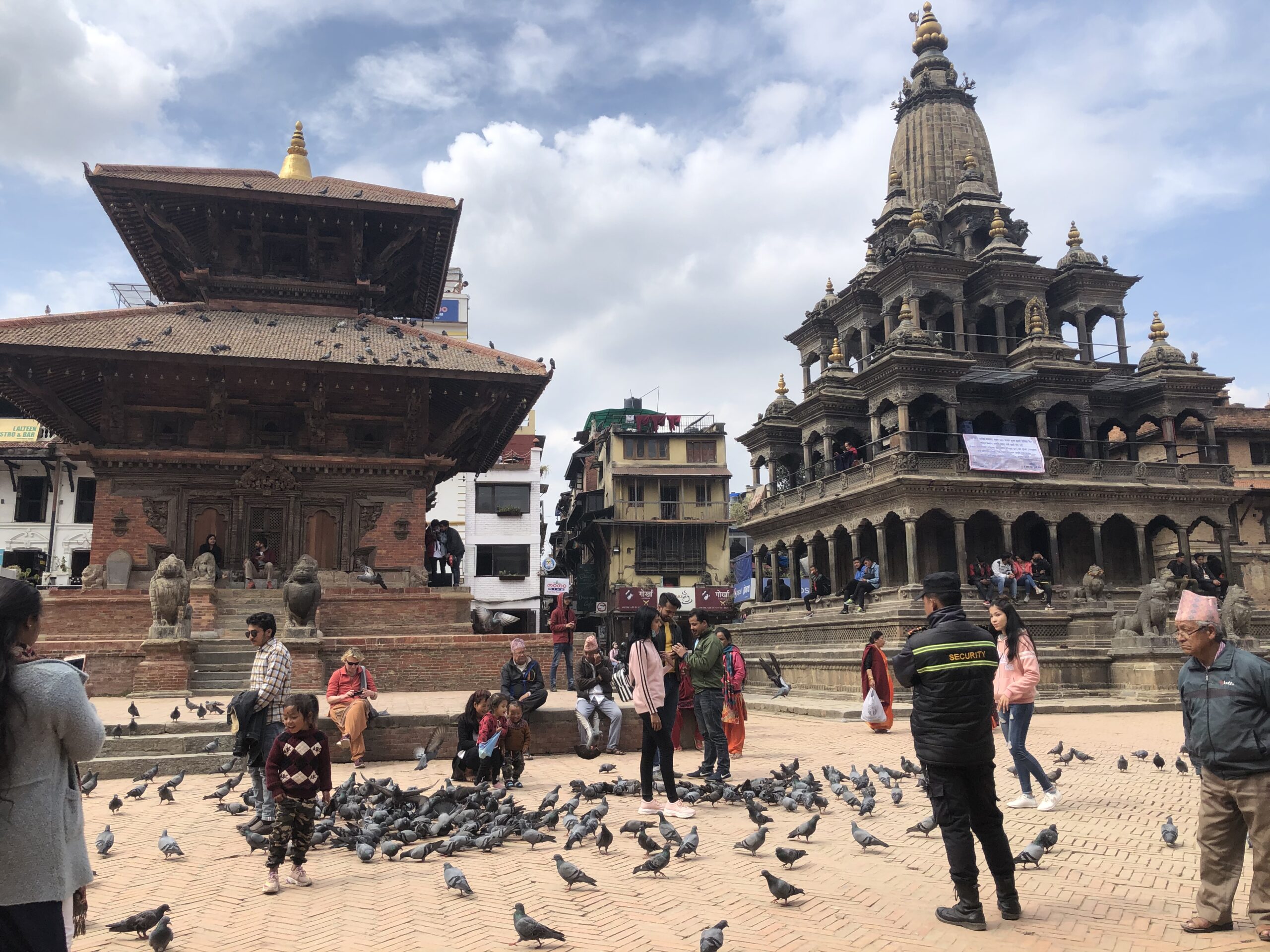Projects
Current Research Themes
Sounding out the river: Monitoring the mobilisation and transport of bedload in mountain rivers using low cost seismic sensors
Recording the onset and flux of sediment bedload in rivers is a missing component of our digitally enabled environment. Here we will (a) use real-time monitoring to test the science of bedload mobility and (b) develop a new capacity to enable operational responses to evolving threats.
Researchers: Bronwyn Matthews (PhD) and Calum Cuthill (PDRA)
Hazard forecasting using inlabru
Operational Earthquake Forecasting is uses probabilistic forecasts of seismicity to understand evolving aftershock sequences and to inform decision making. Here we take a new approach by building on spatio-temporal point process modelling code from the statistics literature that leverages the power of existing packages in R to handle varied spatial data-types. The method is fully bayesian and uses the nested laplace approximation (an assumption that the posteriors are normal) so that they can be estimated deterministically rather than constructed through sampling.
Researchers: Francesco Serafini (PhD), Dr Kirsty Bayliss (PDRA) and Gina Geffers (PhD)
Seismic hazard evaluation for tomorrows cities
Researchers: Himanshu Agrawal (PhD), Farnaz Kamranzad (PhD) and Karim Tarbali (PDRA)
Mountain Growth, Erosion and Foreland Basin Evolution
Having spent much of my time wandering in mountains – they have always fascinated me. If we want to learn about how they evolved, one option is to look at the material which eroded off them over hundreds of thousands to millions of years. Luckily, much of the eroded material is captured in the foreland basins that typically bound the mountain belt. These basins respond to the growth and erosion of topography as well as subsiding as sediment infills them. Much of our work has looked at this intimate relationship.
Research Archive
GeoResources: Carbon Capture and Storage
Carbon Capture and Storage provides a mechanism for dealing with large point source CO2 emissions that need to be reduced by capturing the CO2 stream and storing it in geological formations. We know that the principle can work because CO2 is already stored in the subsurface naturally, in much the same way as natural gas is stored. Whilst we are being effective at transitioning towards renewable energy sources, it seems likely that some industries such as steel and cement production, will find this harder. My research interests focussed on how we can understand the fate of CO2 when injected into the subsurface, testing some of the impacts of a leak of CO2 on the sea floor environment, exploring some of the engineering considerations with regard to well design and how we can deal with uncertainty. Whilst I published on this area for around a decade, it is no longer a primary focus for my research.




Comments are closed
Comments to this thread have been closed by the post author or by an administrator.